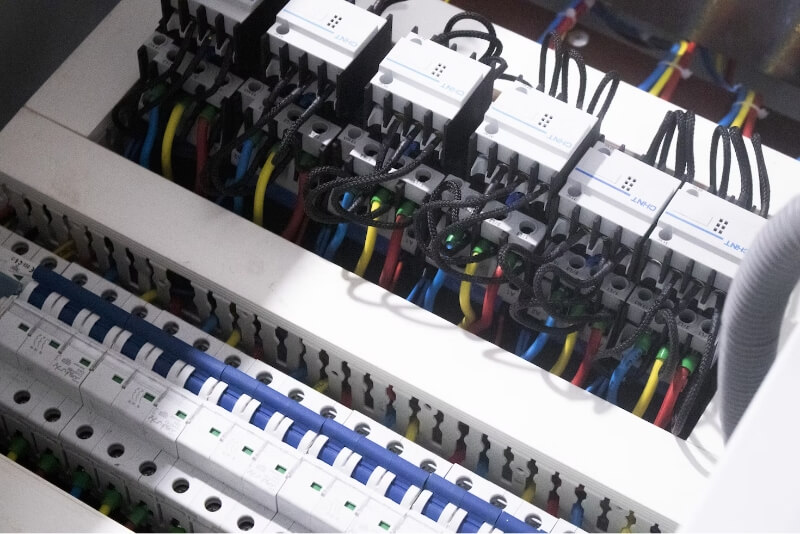
In the world of electrical systems, the terms "AC" and "DC" are frequently used to describe the different types of power. While both AC and DC power have their own unique characteristics and applications, understanding the differences between the two is essential for selecting the right power source for your specific needs.
What is AC Power?
AC stands for Alternating Current, which refers to an electrical current that periodically reverses direction. This means that the flow of electrons in an AC circuit alternates between moving in one direction and then reversing and moving in the opposite direction. In a standard AC power supply, this reversal occurs at a rate of 50 or 60 times per second, depending on the region's electrical standards.
AC power is typically used to power larger devices that require more energy, such as motors, appliances, and electronics. The advantage of AC power is that it can be easily transmitted over long distances with minimal energy loss, making it the preferred choice for power grids.
What is DC Power?
DC stands for Direct Current, which refers to an electrical current that flows in one direction. Unlike AC power, which periodically reverses its direction, DC power maintains a constant flow of electrons in a single direction. DC power is commonly used for smaller devices, such as cell phones, laptops, and other portable electronics.
One of the main advantages of DC power is that it is more efficient for smaller devices since there is no need to convert the power to AC before it can be used. Additionally, DC power is more stable and reliable than AC power, making it an ideal choice for sensitive electronic devices.
Comparing AC and DC Power
When it comes to comparing AC and DC power, there are several key differences to consider. Here are some of the most important factors to keep in mind:
Voltage: AC power typically has a higher voltage than DC power, which is why it is used to power larger devices that require more energy. DC power, on the other hand, typically has a lower voltage and is better suited for smaller devices.
Efficiency: While both AC and DC power can be efficient, DC power is generally considered to be more efficient since there is no need to convert the power to AC before it can be used. This makes DC power a popular choice for portable electronic devices that rely on battery power.
Direction: The direction of the electrical current is another important difference between AC and DC power. AC power reverses direction periodically, while DC power flows in a single direction.
Transmission: AC power is easier to transmit over long distances with minimal energy loss, which is why it is the preferred choice for power grids. DC power, on the other hand, is better suited for shorter distances since it is less efficient over longer distances.
Applications: AC power is typically used for larger devices that require more energy, such as motors, appliances, and electronics. DC power is better suited for smaller devices, such as cell phones, laptops, and other portable electronics.
Understanding the differences between AC and DC power is essential for selecting the right power source for your specific needs. While AC power is more suited for larger devices that require more energy and is more efficient for long-distance transmission, DC power is better suited for smaller devices and is more stable and reliable. By considering these factors, you can choose the right power source for your electrical system and ensure that it operates efficiently and effectively.
Looking for professional electrical installation or have more questions? Give Wendt Electric a call today!

